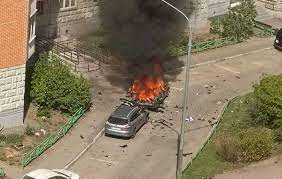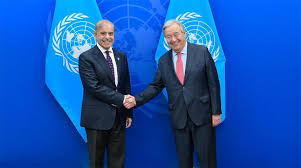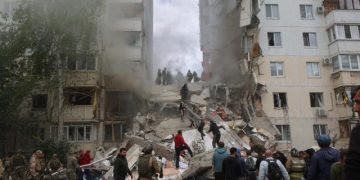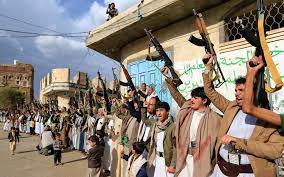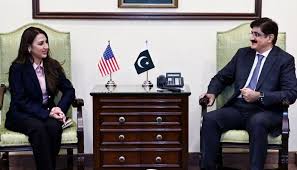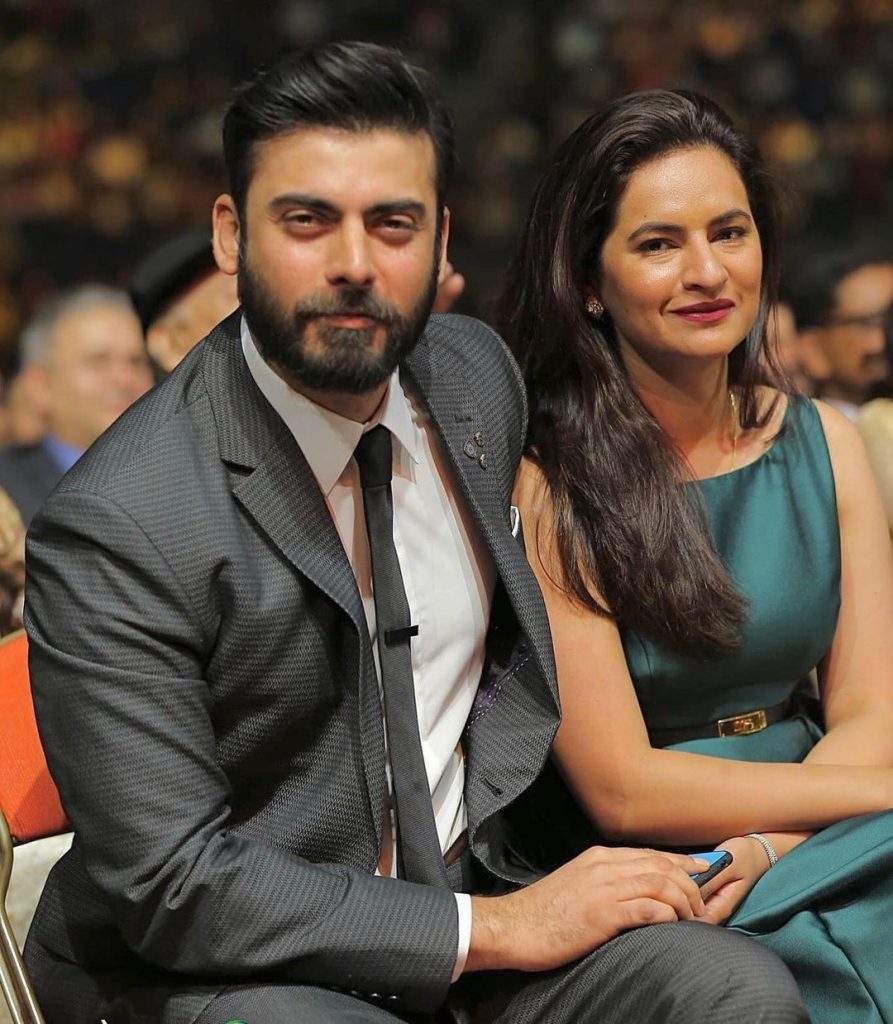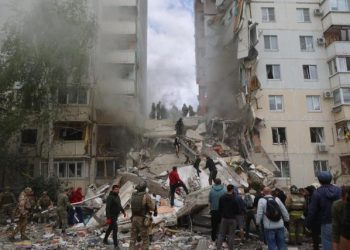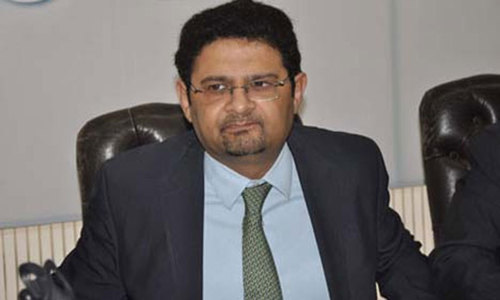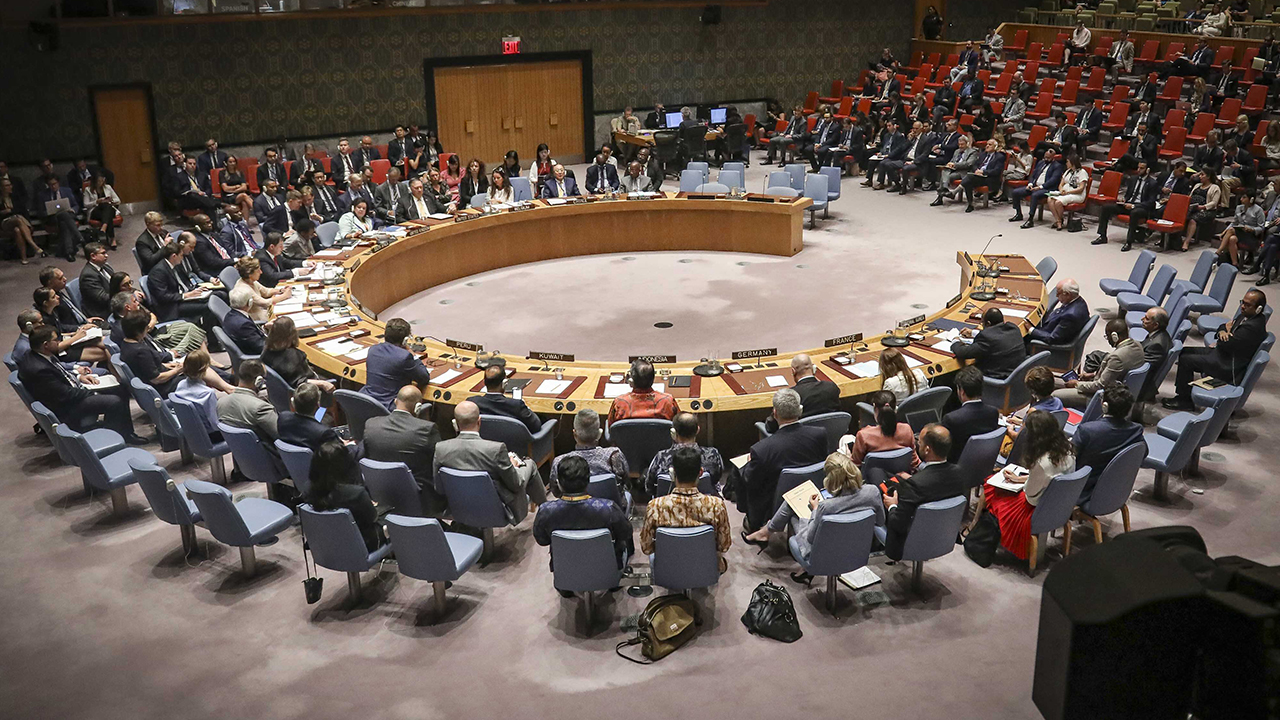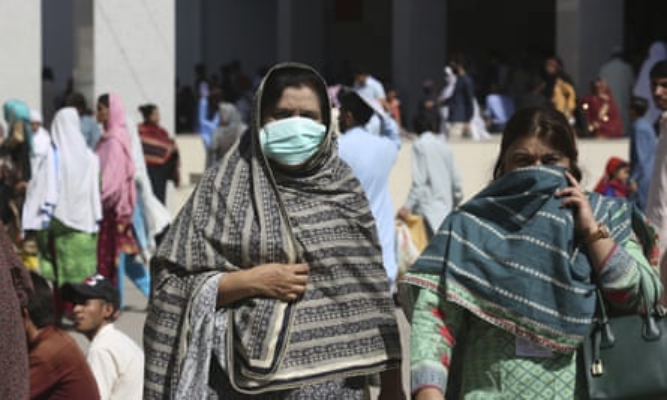The first aid trucks loaded with humanitarian supplies arrived in southern Gaza on Saturday as Israel’s nightmarish siege entered its 12th day amid its saturation bombing that martyred scores of Palestinians overnight with war-torn people demanding a ceasefire instead of food.
US President Joe Biden had said this week that an agreement had been reached for 20 aid trucks to cross through Gaza’s Rafah border point with Egypt, and added on Friday he believed those first trucks would pass through within 48 hours.
Witnesses said aid trucks exited the crossing after checks and proceeded into Gaza’s southern area including the major towns of Rafah and Khan Younis where hundreds of thousands of people displaced by Israel’s unrelenting air war are sheltering.
However, Palestinian officials were disappointed that fuel supplies were not included and added that the relief was only 3% of what used to get into Gaza in terms of medical and humanitarian aid before the crisis.
“Excluding the fuel from the humanitarian aid means the lives of patients and injured will remain at risk. Gaza hospitals are running out of the basic requirements to pursue medical interventions,” the Gaza health ministry said.
Israel’s “total siege” of Gaza after the October 7 cross-border attack on southern Israel by militants of the Islamist movement Hamas has left Gaza’s 2.3 million people running out of food, water, medicines and fuel.
The United Nations said the convoy included life-saving supplies that would be received and distributed by the Palestinian Red Crescent, with Hamas’ consent. Israel has warned that no aid should end up in Hamas’s hands.
UN officials say at least 100 trucks daily are needed to cover urgent, life-saving needs and that any aid operation must be sustainable at scale — a tall order now with Israel carrying out devastating bombardments of the enclave day and night.
‘No talks on captives until end of Gaza ‘aggression’
Hamas said on Saturday it won’t discuss the fate of Israeli army captives until Israel ends its “aggression” on the Gaza strip.
“Our stance with regards to Israeli army captives is clear: it’s related to a (possible) exchange of prisoners, and we will not discuss it until Israel ends its aggression on Gaza and Palestinians,” Hamas official Osama Hamdan, speaking from Lebanon, told a televised presser.
Israel pummelled the densely populated region despite Hamas releasing two American prisoners held in Gaza, providing a “sliver of hope” to desperate families.

